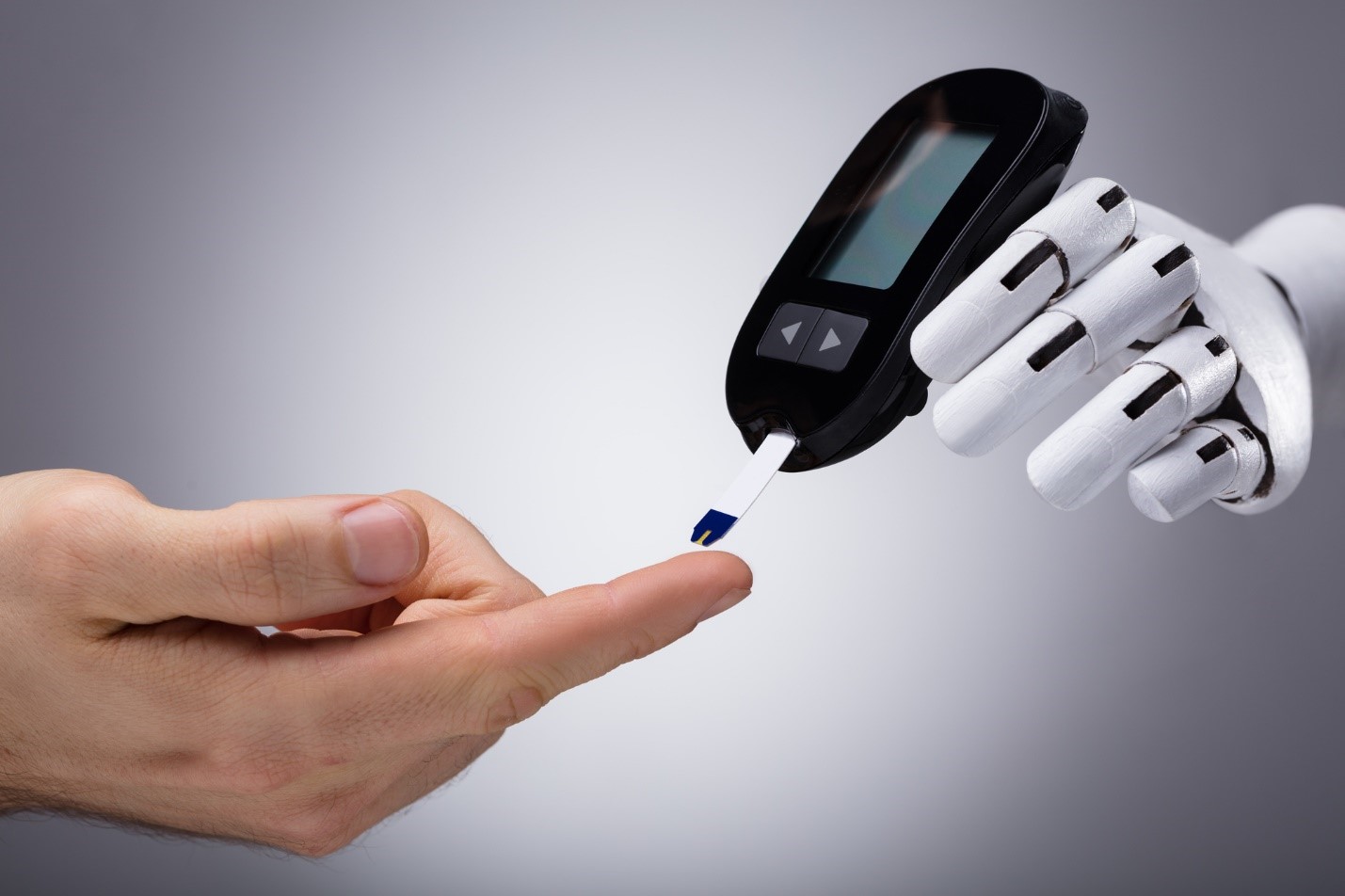Diabetes management has seen remarkable advancements over the past few decades, and 2024 is poised to be a landmark year for innovation in this field. With diabetes affecting over 400 million people worldwide, continuous research and development are critical to improving the quality of life for those living with this chronic condition. This article delves into the latest developments in diabetes management, highlighting the most promising technologies, treatments, and strategies set to make a significant impact in 2024.
Advances in Continuous Glucose Monitoring (CGM)
One of the most significant advancements in diabetes management in recent years has been the development of Continuous Glucose Monitoring (CGM) systems. These devices have revolutionized how individuals with diabetes monitor their blood glucose levels, offering real-time data and reducing the need for frequent finger-prick tests.
Next-Generation CGM Devices
In 2024, next-generation CGM devices are expected to hit the market, featuring even more accurate sensors, longer wear times, and improved integration with other diabetes management tools. For instance, some upcoming CGM systems will offer wear times of up to 21 days, significantly reducing the inconvenience of frequent sensor replacements. Additionally, these new devices will provide more precise glucose readings, thanks to advanced algorithms and sensor technology.
Integration with Smart Devices
Another exciting development is the enhanced integration of CGM systems with smart devices, such as smartphones and smartwatches. This integration allows users to receive real-time glucose data directly on their devices, making it easier to track and manage their condition. Furthermore, many of these systems will include predictive analytics, alerting users to potential hypoglycemic or hyperglycemic events before they occur.
Artificial Pancreas Systems
Artificial pancreas systems, also known as closed-loop insulin delivery systems, represent a significant leap forward in diabetes management. These systems automatically adjust insulin delivery based on real-time glucose readings, mimicking the function of a healthy pancreas.
Improved Algorithms and Connectivity
In 2024, artificial pancreas systems are expected to become even more sophisticated, with improved algorithms that provide more precise insulin dosing. These advancements will help to maintain blood glucose levels within a target range more effectively, reducing the risk of complications associated with diabetes.
Expanded Availability
Additionally, the availability of artificial pancreas systems is set to expand, making them accessible to a broader range of patients. This increased availability will be particularly beneficial for individuals with type 1 diabetes, who often face significant challenges in managing their condition.

Oral Insulin and Non-Invasive Delivery Methods
One of the most anticipated developments in diabetes management is the introduction of oral insulin and other non-invasive delivery methods. Traditional insulin injections can be painful and inconvenient, leading to poor adherence and suboptimal glucose control.
Oral Insulin Tablets
In 2024, oral insulin tablets are expected to become more widely available, offering a more convenient and less invasive option for insulin delivery. These tablets are designed to withstand the harsh environment of the gastrointestinal tract and deliver insulin effectively to the bloodstream. Clinical trials have shown promising results, indicating that oral insulin can provide comparable glucose control to injectable insulin.
Inhalable Insulin
Inhalable insulin is another non-invasive delivery method gaining traction. This method involves the use of a small, handheld device that delivers insulin as a fine mist, which is then absorbed through the lungs. Inhalable insulin has been shown to provide rapid glucose control, making it an attractive option for mealtime insulin administration.
Personalized Medicine and Precision Diabetes Management
The concept of personalized medicine has gained significant attention in recent years, and it is set to play a crucial role in diabetes management in 2024. Personalized medicine involves tailoring treatment plans to an individual’s unique genetic, environmental, and lifestyle factors, leading to more effective and targeted interventions.
Genetic Testing and Biomarkers
Advancements in genetic testing and the identification of biomarkers are paving the way for more personalized diabetes management. By analyzing an individual’s genetic makeup, healthcare providers can gain insights into their risk of developing diabetes and their likely response to different treatments. This information can then be used to create customized treatment plans that optimize glucose control and minimize the risk of complications.
Personalized Nutrition Plans
In addition to genetic testing, personalized nutrition plans are becoming an integral part of diabetes management. These plans take into account an individual’s unique metabolic profile, dietary preferences, and lifestyle factors, providing tailored recommendations that support optimal glucose control. In 2024, we can expect to see more advanced tools and technologies that make it easier for individuals to access and implement personalized nutrition plans.
Digital Health Platforms and Telemedicine
The rise of digital health platforms and telemedicine has transformed the landscape of diabetes management, making it easier for individuals to access care and support from the comfort of their homes.
Remote Monitoring and Virtual Consultations
In 2024, remote monitoring and virtual consultations will continue to play a significant role in diabetes management. Digital health platforms that integrate CGM data, insulin pump data, and other health metrics will allow healthcare providers to monitor patients’ conditions in real-time and make timely adjustments to treatment plans. Virtual consultations will also become more common, providing individuals with convenient access to healthcare professionals and reducing the need for in-person visits.
Mobile Health Apps
Mobile health apps are another key component of digital diabetes management. These apps offer a range of features, including glucose tracking, medication reminders, and educational resources. In 2024, we can expect to see more sophisticated apps that leverage artificial intelligence and machine learning to provide personalized insights and recommendations.
The Role of Artificial Intelligence and Machine Learning
Artificial intelligence (AI) and machine learning (ML) are poised to revolutionize diabetes management by providing more accurate predictions and personalized treatment recommendations.
Predictive Analytics
AI and ML algorithms can analyze vast amounts of data to identify patterns and predict future glucose levels. This predictive capability allows individuals to take proactive measures to prevent hypoglycemic or hyperglycemic events. In 2024, we can expect to see more advanced predictive analytics tools integrated into CGM systems, insulin pumps, and mobile health apps.
Automated Decision Support
AI-powered decision support systems can assist healthcare providers in making more informed treatment decisions. These systems can analyze patient data, including glucose levels, insulin doses, and lifestyle factors, to provide personalized treatment recommendations. This approach not only improves glucose control but also reduces the burden on healthcare providers, allowing them to focus on more complex cases.
Conclusion
The year 2024 is set to bring a host of exciting developments in diabetes management, offering new hope and improved quality of life for individuals living with this chronic condition. From next-generation CGM devices and artificial pancreas systems to non-invasive insulin delivery methods and personalized medicine, these innovations are transforming the way diabetes is managed. Additionally, the rise of digital health platforms, telemedicine, and AI-powered tools is making it easier for individuals to access care and support, leading to better outcomes and a brighter future for those affected by diabetes.




